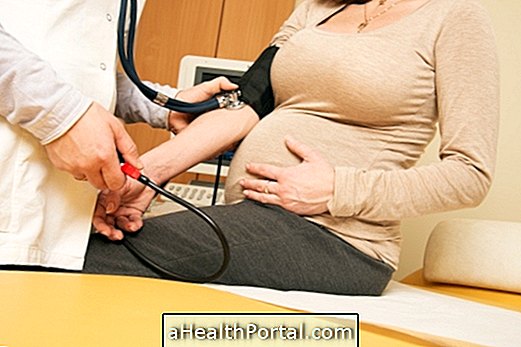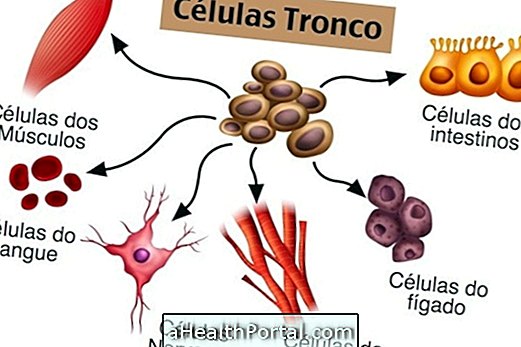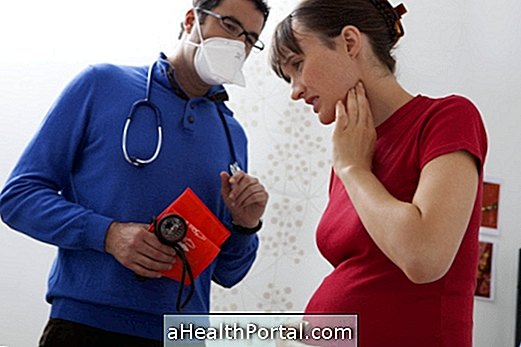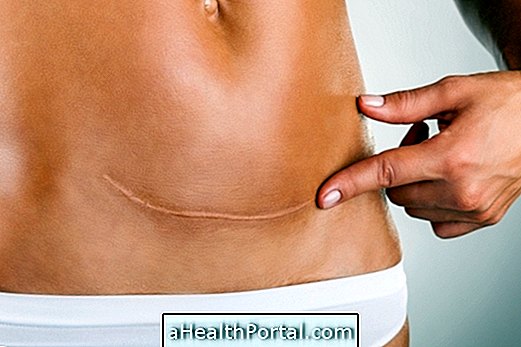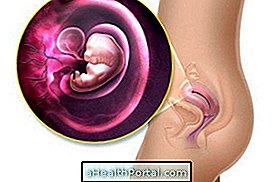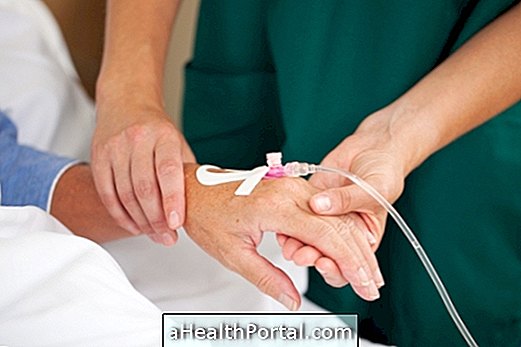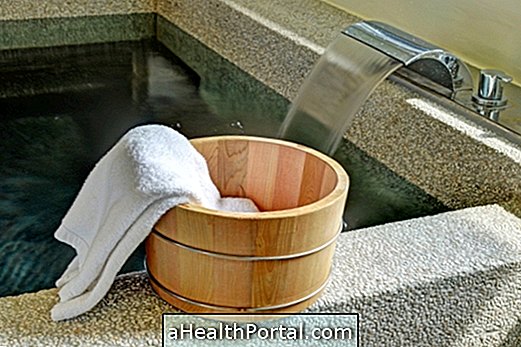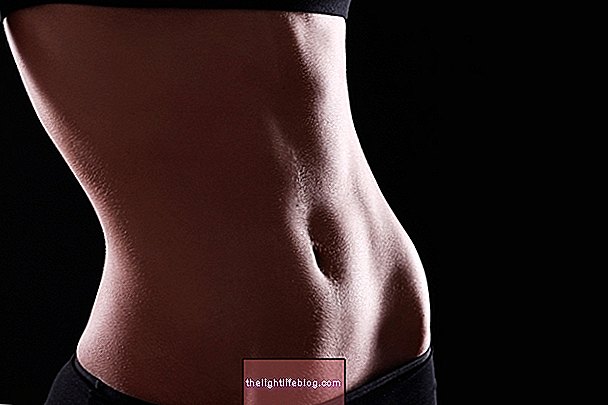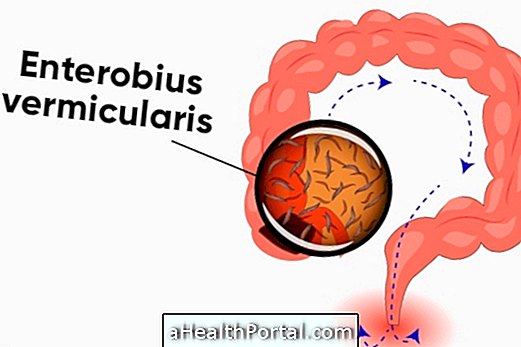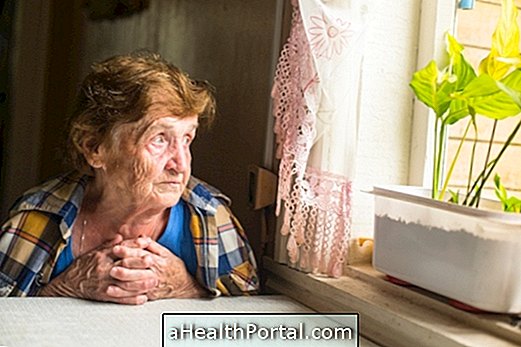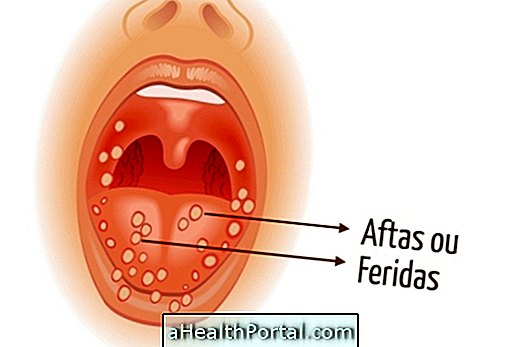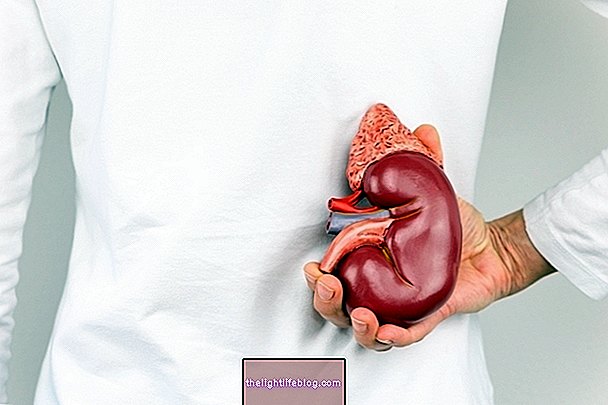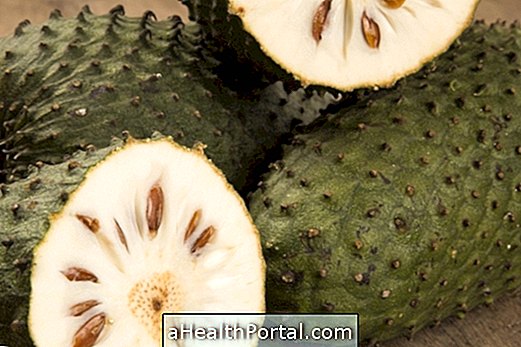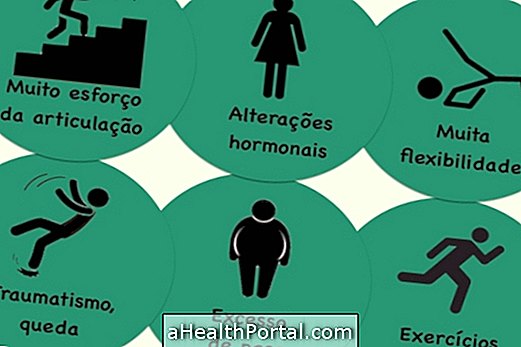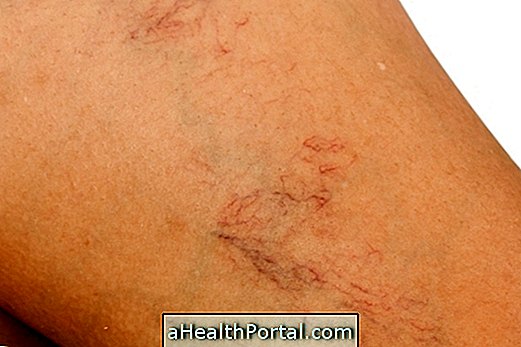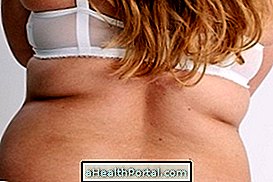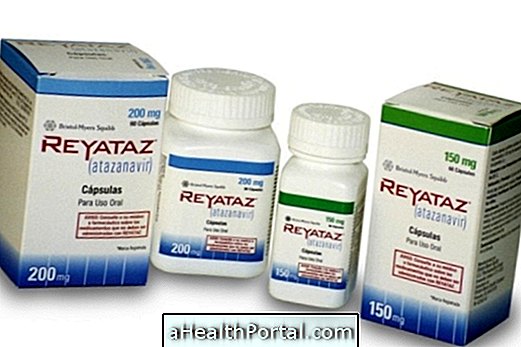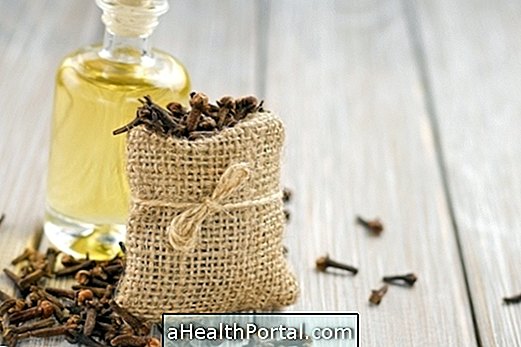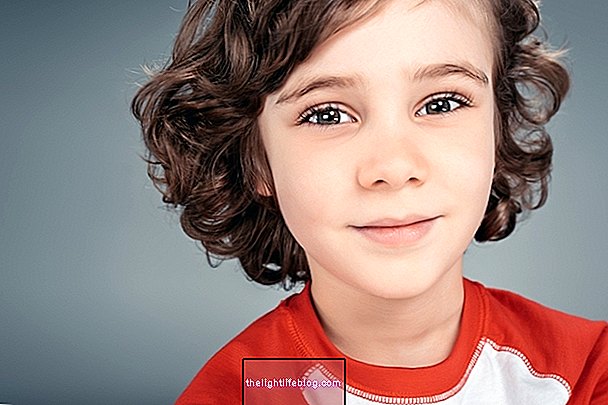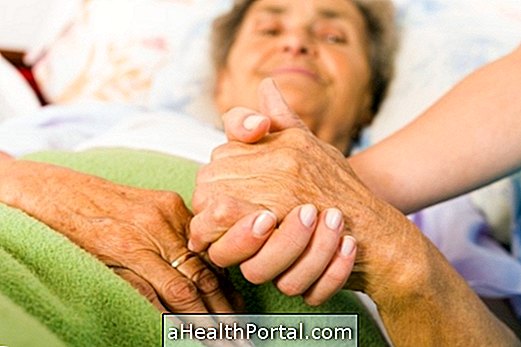Diarrhea in pregnancy should be treated quickly so that the body does not fail to absorb water, vitamins and minerals so important to the health of the pregnant and the baby.
Diarrhea in pregnancy is severe when the woman eats more than 3 times on the same day liquid stools, or when liquid stools, although less frequent, recur for several days because it can be harmful to the baby.
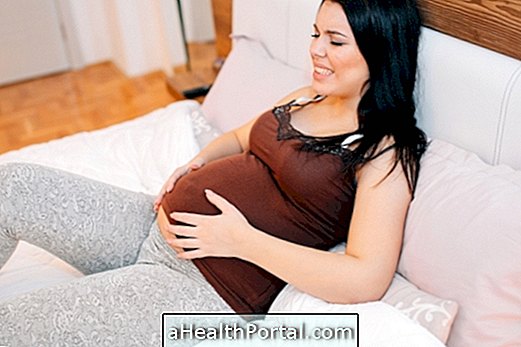
What to do when diarrhea occurs in pregnancy
To treat diarrhea in pregnancy, it is essential to have a light meal, drink plenty of fluids, and in some cases take medicine prescribed by the obstetrician. Thus, it is recommended:
- Do not eat any type of fry;
- Drink filtered or boiled water, coconut water and fruit juice to stay hydrated;
- Eat cooked or grilled foods like boiled rice with carrots, chicken, pasta without sauce, rice flour porridge and toast with nothing, for example.
- Eat boiled and shelled fruits like apple, pear or banana. See more options than eating in diarrhea.
Also, you should avoid eating leftover food from previous meals because although it normally could not cause any problems, during pregnancy your digestive system may be more sensitive.
Remedy for Diarrhea in Pregnancy
For example, diarrhea remedies such as Imosec, Diasec or Diarresec, for example, should only be used under medical advice, so contact your obstetrician to see if the remedy is not harmful to the baby. See more in: Remedy for Diarrhea.
Is pregnancy diarrhea a sign of childbirth?
Diarrhea at the end of pregnancy may be related to fear and anxiety at birth, being a brain stimulant to prepare for this time, but sometimes it may be related to infections and so the doctor should be informed of the symptoms features. Usually when the body is preparing for normal delivery the diarrhea does not last more than 1 day.
When to go to the obstetrician
The pregnant woman should go to the doctor when:
- You have stools with blood;
- Severe abdominal pain;
- Vomit;
- Have fever above 38.5 ° C;
- You have more than 3 fluid bowel movements in one day;
- You have more than 2 fluid bowel movements for several days.
It is important to go to the doctor to adjust the treatment and avoid dehydration.
Watch the following video to know what you should and should not eat:

